The semester is finally starting to gain momentum and classes are getting harder. The homework is back, tests are starting and clubs have started their weekly meetings. Trinity students across campus breathe a sigh of relief when the weekend finally rolls around.
Students pile into friends’ cars, excited to get off campus. Once in their cars, they reach for the aux cord. According to a 2016 Pew Research Center summary, in a month, 24 percent of students will start listening to a podcast while the remaining 76 percent will play music.
KRTU, the commercial-free jazz and indie rock radio station based in Laurie Auditorium, noticed this rise in demand for podcasts and decided to offer a course in podcasting.
In previous semesters, students enrolled in the course learned how to record live bands’ music and master song tracks. This semester, Audio Production students will learn audio production for digital media more generally.
Jaime “JJ” Lopez, general manager for the KRTU studio and instructor for Audio Production, believes this skill set will be valuable to students in the future.
“Students learning how to produce audio for podcasts will learn a very versatile and important skill applicable to broadcast journalism, radio and digital media,” Lopez wrote in an email interview.
One student who has already seen the benefit of the new Audio Production class is sophomore Dominic Walsh. Walsh took this class in the fall semester and is taking it again this spring semester.
He believes that creating podcasts allows him to utilize his creativity in a different way than he was able to when producing music.
“Podcasts are more constructed,” Walsh said. “Basically, with a band you just have song. The podcast class expands to make you think of narrative, scripting out the podcast. It gets more into the writing and planning side of audio production. In this one, you have to create the content and produce it.”
As their final project, students will get into pairs and produce a five-minute podcast that will showcase what they’ve learned. So far, students have been learning the basics about Adobe Audition, the program students will use to record and edit their audio, and about the studio space on campus.
“Students can expect a quick introduction to audio editing software and hardware [in addition to] audio production, including recording, mixing and multi-tracking, editing and mastering,” Lopez wrote. “Students will then be encouraged to produce a sample segment, develop their own voice and style, while also learning practical skills necessary for working in radio, public media and podcasting.”
Students in the Audio Production class believe that podcasting is an important and effective form of communication. Senior Paige Perez believes that this class has taught her how to deal with this new and increasingly popular wave of communication. Perez especially enjoys the narrative aspect of podcasts.
“There’s a lot of podcasts of people talking about their personal experiences. There’s so much out there with this format you could find anything. When you’re making a podcast, it’s more about emphasizing a story or the story you want to tell,” Perez said.
Other students attribute the increasing popularity of podcasting to its accessible and simple nature.
“It’s very easy to distribute,” Walsh said. “It’s a little more accessible. You can listen to it on the go — there’s a lot of variety. It’s gaining in popularity and super easy to produce. I think that’s what really sets it apart.”
Lopez believes both the story and mobility of the podcast make it a valuable tool in human communication.
“Since the invention of the TV, radio has always faced (and championed) this predicament. However, I believe that for podcasting, the power is in mobility. People listen to podcasts, they don’t watch. Theater of the mind to the rescue,” Lopez wrote.

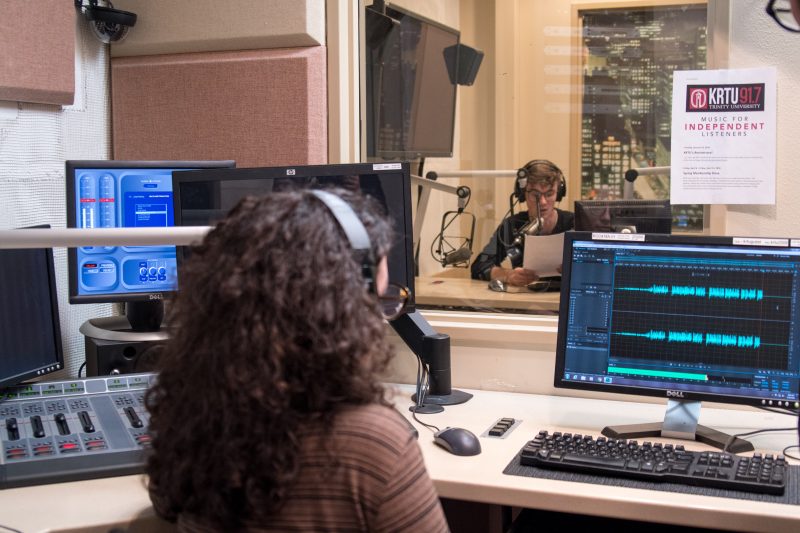
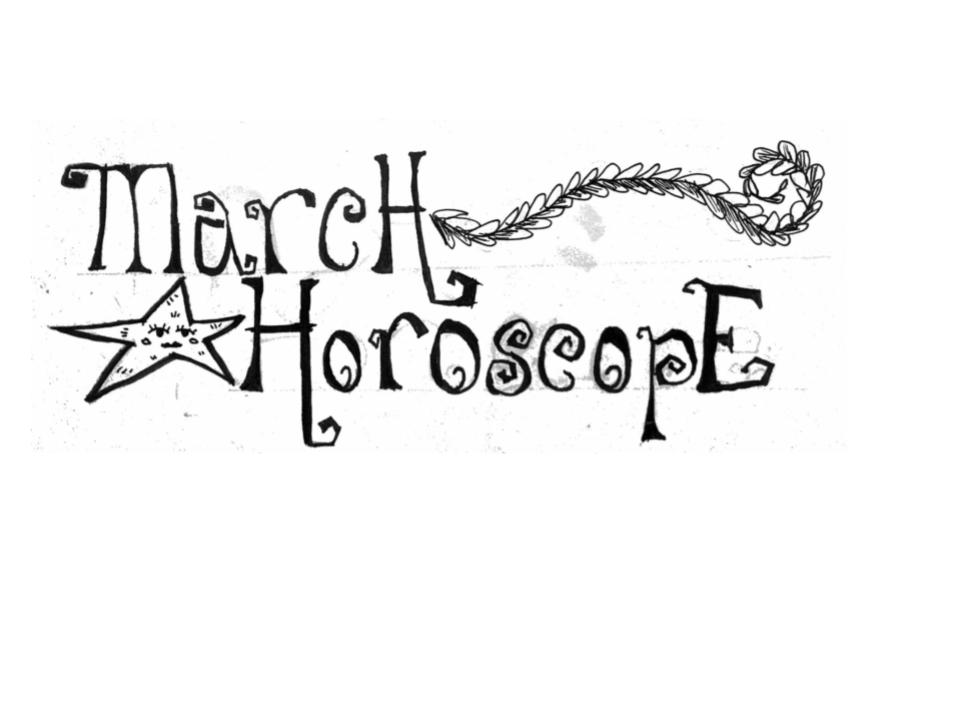
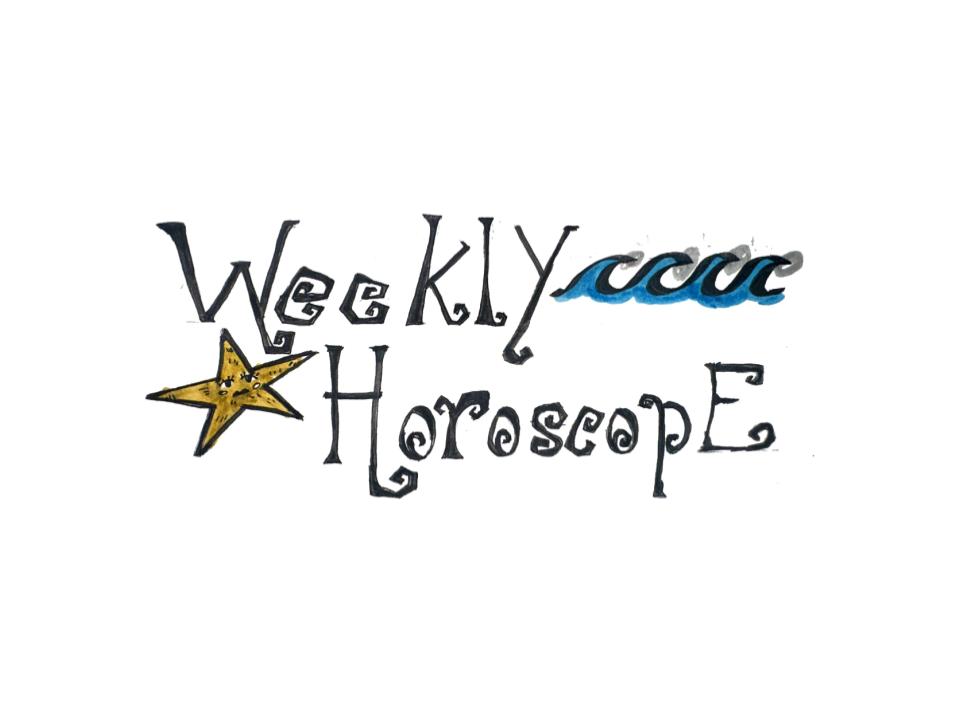


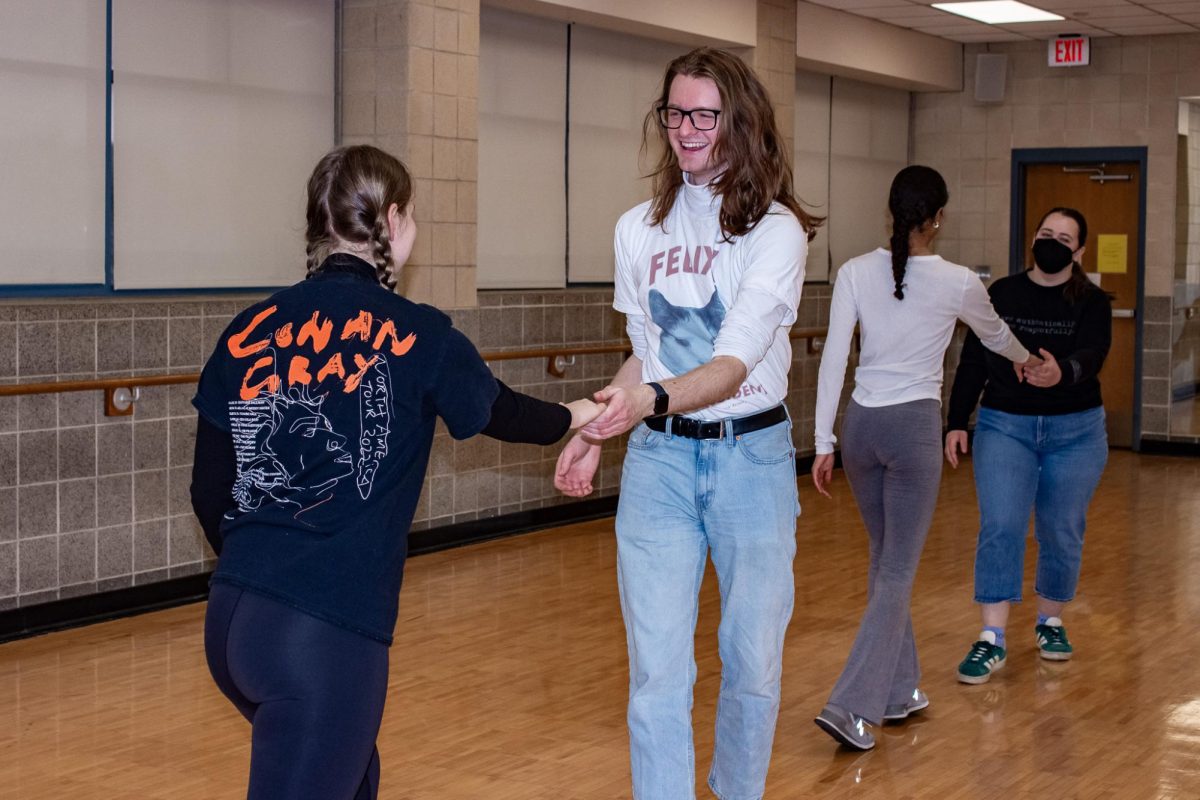
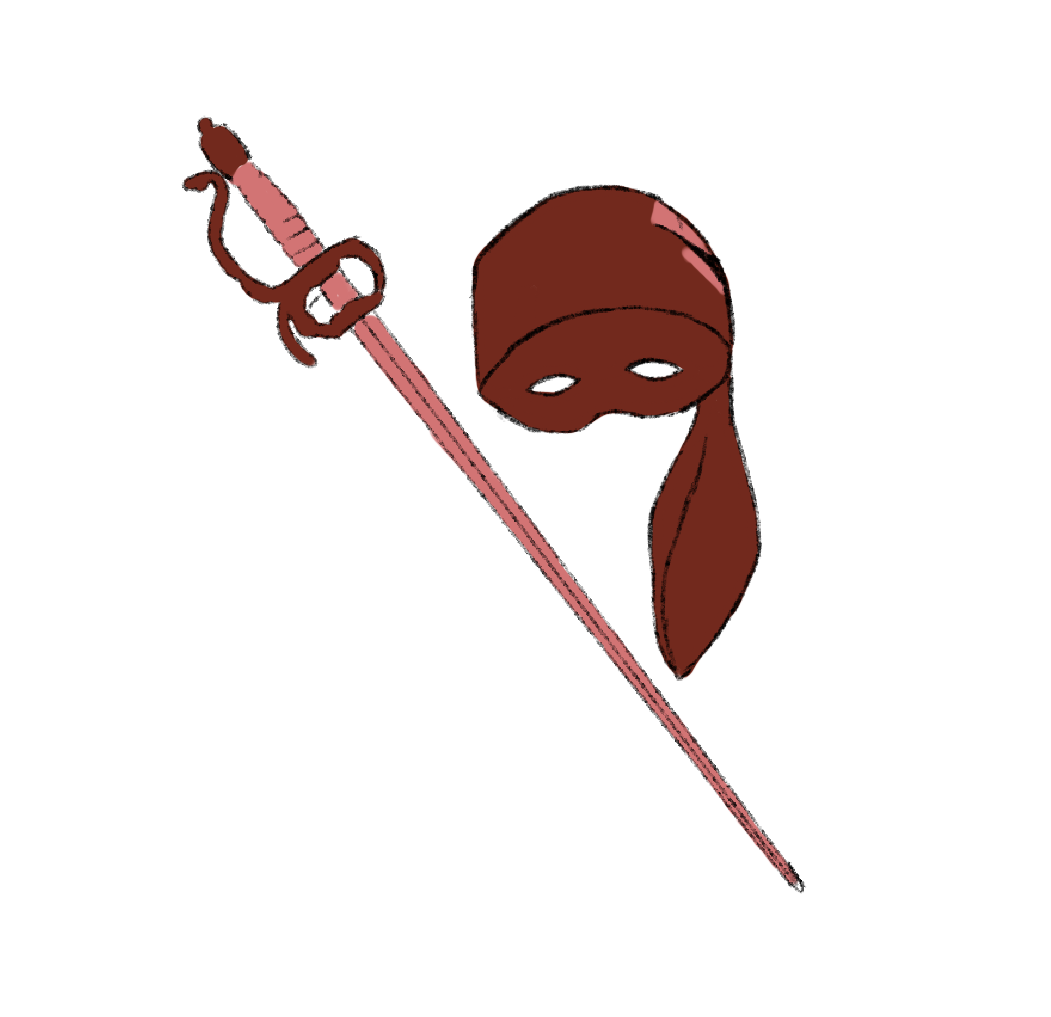
Jordan Hall • Mar 22, 2018 at 3:50 pm
Pretty cool. Glad to see programs like this getting traction!